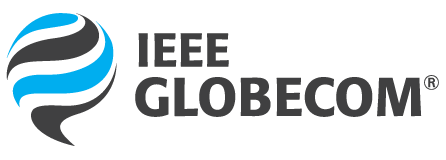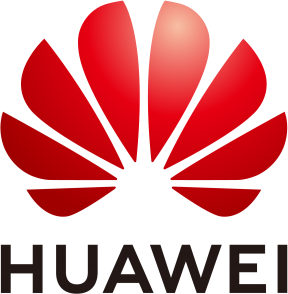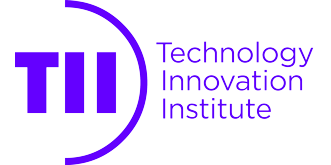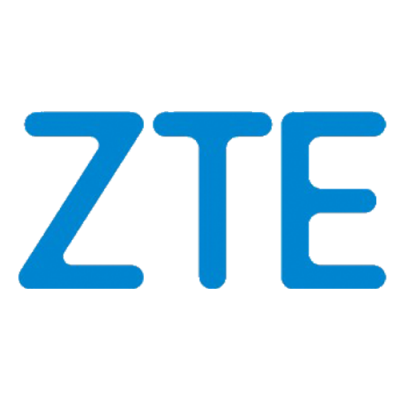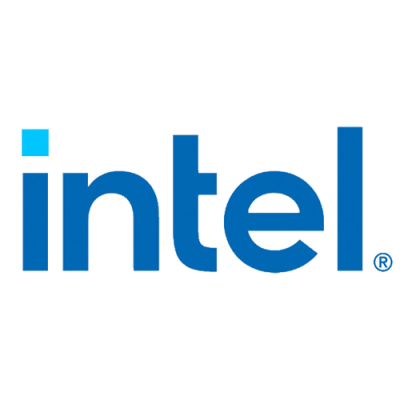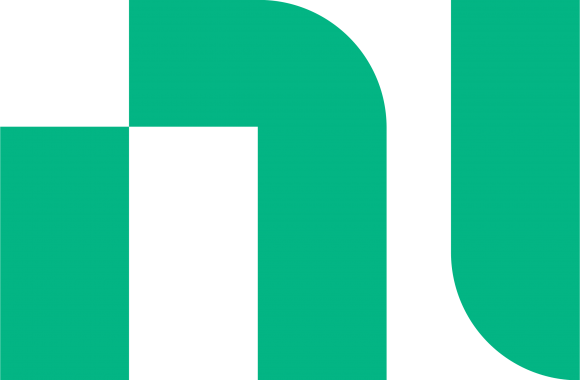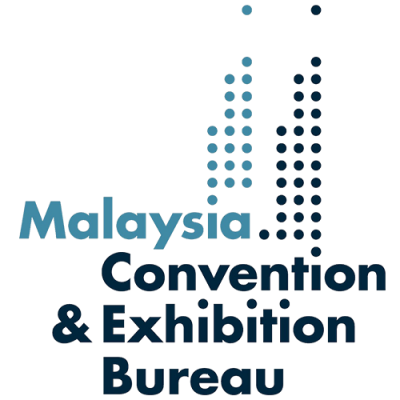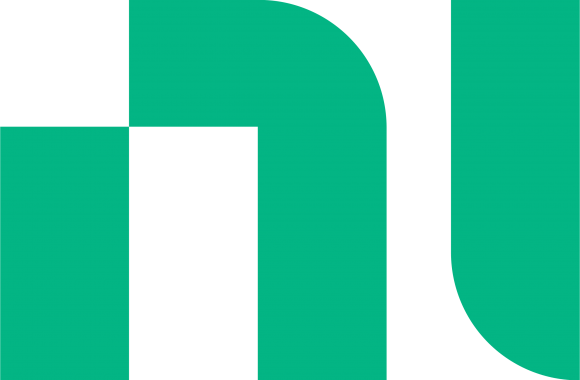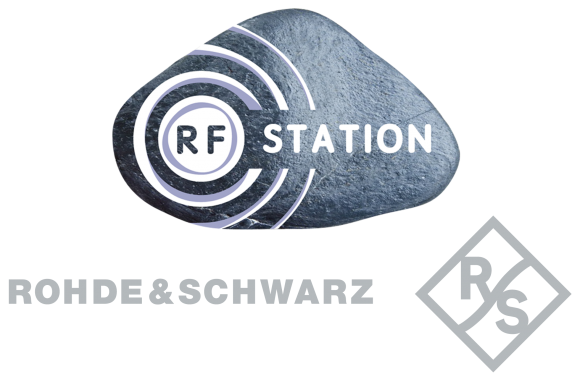Scope
6G, the next generation communication system, is expected to satisfy unprecedented requirements on system performance in terms of throughput, latency, massive connections, and so on. In the 6G era, with the hyper-connectivity among humans and everything, we are anticipating Internet of Things (IoT) applications in various fields, including smart city, smart factory, smart home, smart grid, e-health, smart farming, and smart transportation, accompanied by new services with rich experiences, such as truly immersive VR/AR/MR (XR), etc. However, in order to facilitate these emerging IoT applications, we have to discuss the following issues. First, due to the heterogeneity of networking entities, various application requirements, and limited resources in IoT environments, greener and more advanced new hardware and software upgrades are required. Future IoT systems feature a larger number of devices and multi-access environments where different types of wireless spectrum, including Sub-6 GHz, Millimetre-wave, and Terahertz technologies, should be efficiently utilized. The increased in the number of IoT devices also increases the challenges in keeping a net zero carbon emission rate, hence creating difficulties to meet COP26 goals. To overcome these issues, a resource efficient IoT architecture should be designed to deal with the limited storage and computational capability of IoT devices. Other technologies, such intelligent reflecting surface (IRS), multiple-input-multiple-output (MIMO), etc., are needed to be altered to support the challenges faced by these resource constraint IoT devices. It is also crucial to determine the type and amount of data to be shared, stored, and processed among the different network entities with heterogeneous characteristics in an IoT environment. Moreover, the network environment and system requirements change with the space and time domains, which require intelligent approaches in perception, networking, and control. It is envisioned that the collaborative intelligence is the enabler for collaborative and greener IoT systems. To enable a greener and smarter society, more research efforts should be conducted on collaborative intelligence and to incorporate new hardware upgrades for IoT systems to expedite the applications of emerging IoT technologies. Therefore, this workshop aims at addressing the technical challenges for enabling collaborative intelligence and hardware upgrades for IoT systems, to support a greener and smarter society and to help IoT based companies to keep the 1.50 C goal of COP26 alive.
Workshop Co-Chairs
- Muhammad Ali Jamshed, University of Glasgow, UK
- Masood Ur-Rehman, University of Glasgow, UK
- Aryan Kaushik, University of Sussex, UK
Topics of Interest
Only technical papers describing previously unpublished, original, state-of-the-art research, and not currently under review by a conference or a journal will be considered. Topics of interest include, but are not limited to, the following:
- Agent theory and Green IoT applications in the 6G era
- Backscatter communications for Green IoT systems
- Energy harvesting, wireless information, and power transfer for Green IoT systems
- Wakeup radios and other low-power radio designs for Green IoT systems
- Intelligent reflecting surface design for IoT systems in the 6G era
- MIMO/massive MIMO upgrades for IoT systems in the 6G era
- Mm-Wave and THz enabled antenna designs for IoT systems in the 6G era
- Cognitive modelling of Green IoT systems in the 6G era
- Collaborative and distributed IoT systems and control
- Collaborative Green IoT frameworks in the 6G era
- Collaborative intelligence security of IoT in the 6G era
- Computation-efficient collaborative intelligence approaches for IoT systems in the 6G era
- Data driven collaborative intelligence for Green IoT
- Energy-efficient collaborative intelligence approaches for IoT
- Group decision making for Green IoT systems
- Human-machine cooperation for Green IoT systems
- Intelligent collaborative processing for Green IoT
- Multi-agent systems for Green IoT in the 6G era
Authors guidelines
Authors should follow the submission guidelines available at the main conference website:
https://globecom2023.ieee-globecom.org/call-workshop-papers
Submission link
To submit a paper to this workshop, please visit:
https://edas.info/newPaper.php?c=31211
Important dates
- Workshop Paper Submission Deadline: 15 July 2023
- Paper Acceptance Notification: 1 September 2023
- Camera Ready: 1 October 2023
- Accepted Author Registration Deadline: 1 October 2023
